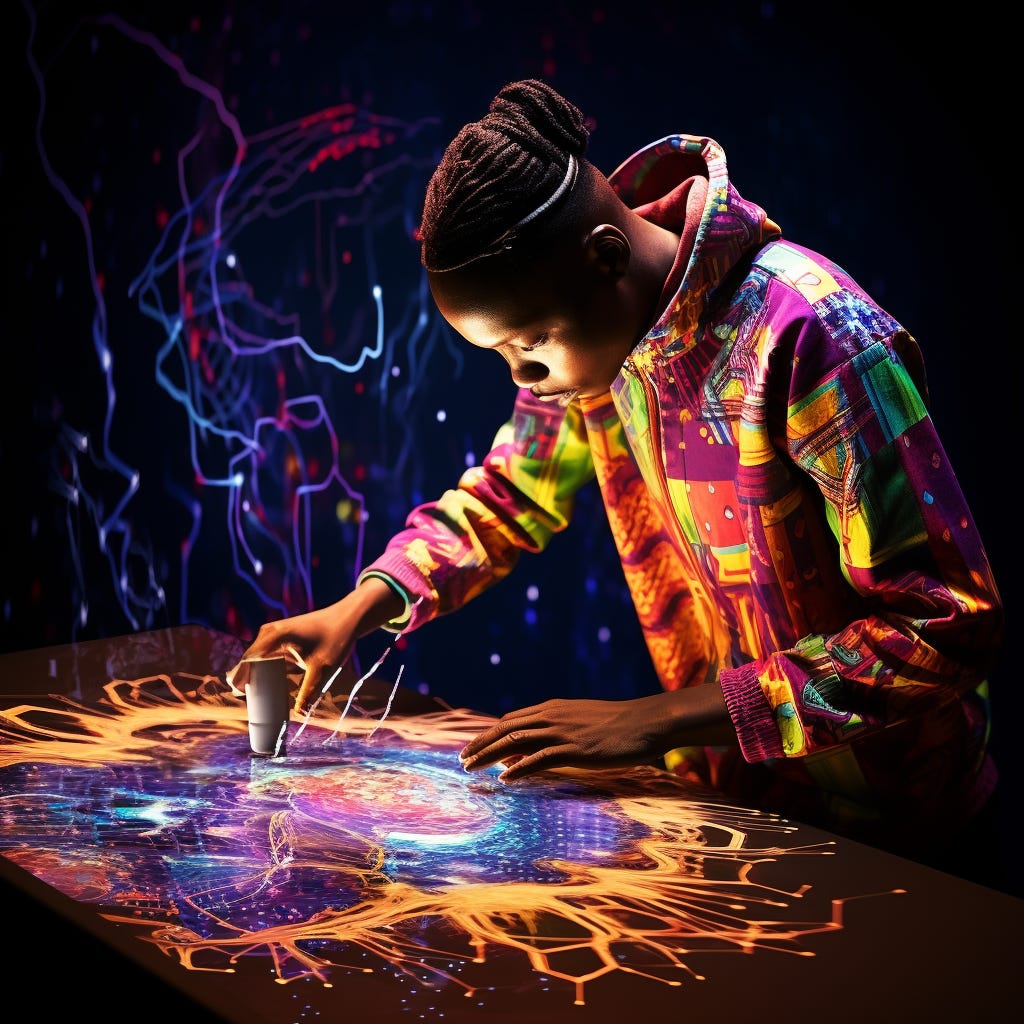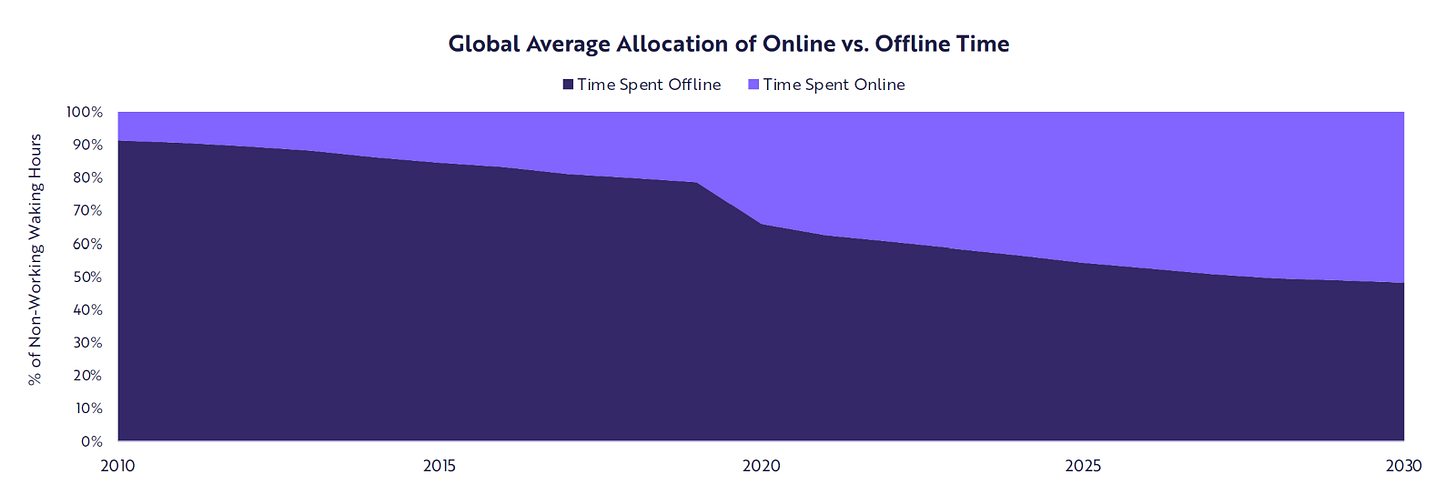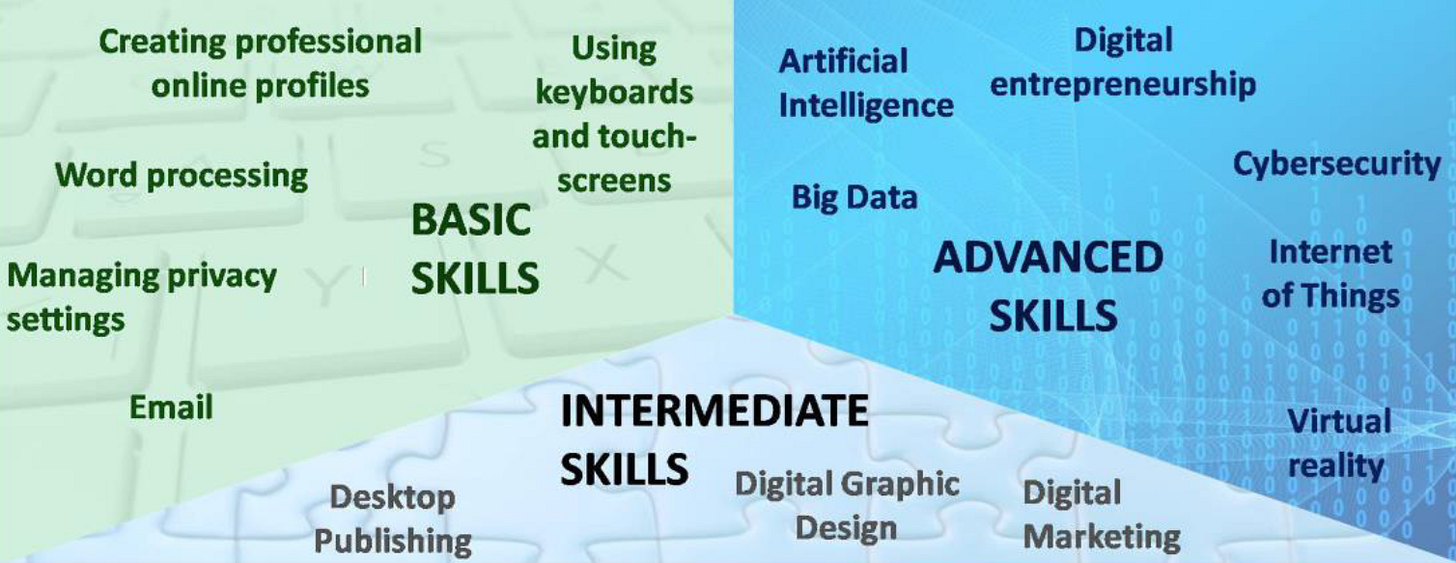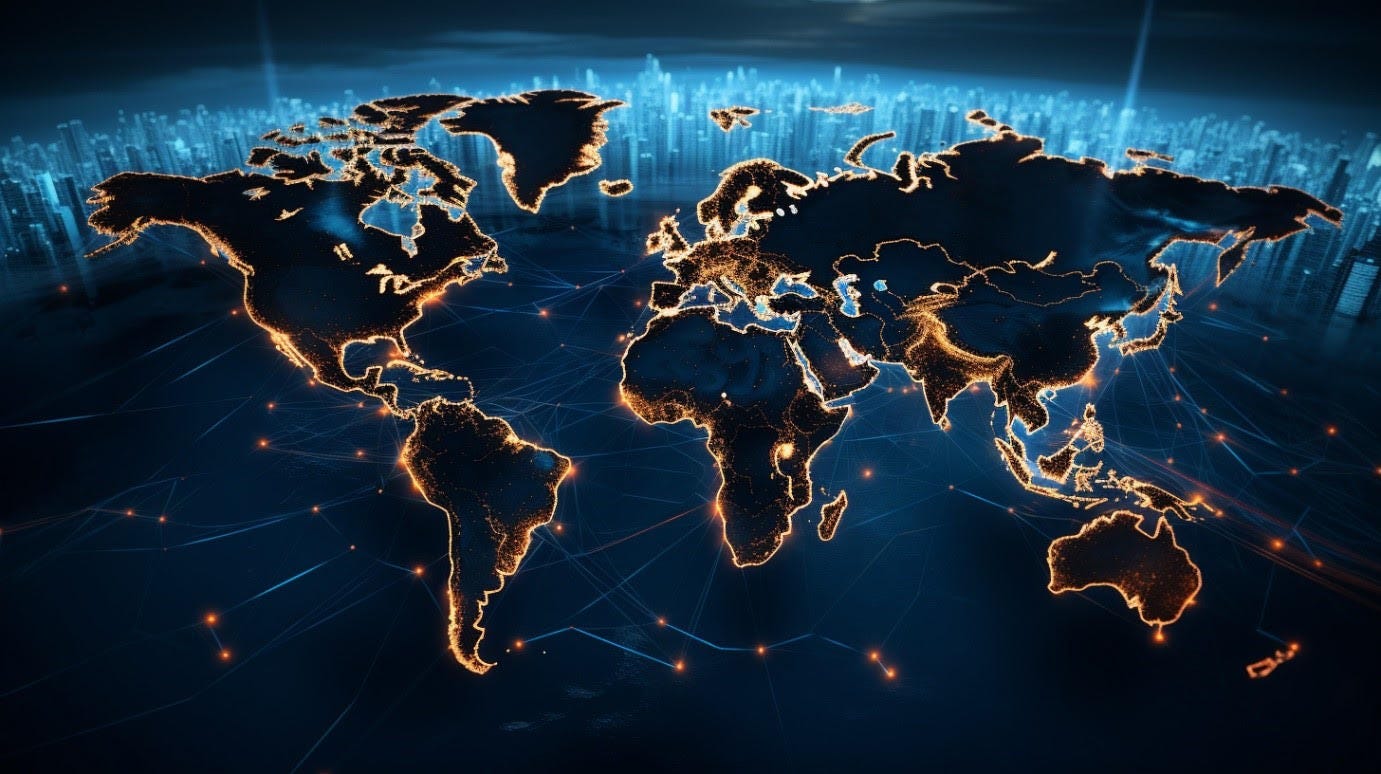The AI Evolution: Reshaping Education, Work, and Our Personal Growth in Africa | FutureSight Africa™ with Buntu Majaja | S1E5
"A Deeper Dive into Africa's AI Journey: Education, Industry Practices and Personal Preparedness”
Exploring how digital literacy is redefining Africa's educational landscape… or not
Analyzing the AI influence on the workforce globally and what the industry practices are.
Pondering personal readiness to navigate the AI-shaped future, for me and you.
Author William Gibson says, 'The future's here, just spread unevenly.' I find myself deep in thought about Africa's fate in the AI age. Our reality, past and future, seem scattered thinly across our lands.
We sometimes look like a page from history, untouched since before Hiroshima or Europe pre-Blitz. For me, it raises a question - is everyone's 'future' the same as thee Future?
Is the "progressive" as diverse as there are societies? As we know, diversity is evolution's secret weapon against black swan events. So, by converging towards a singular view of the future...are we fighting an unwinnable battle against the tide of evolution?
So, on the one hand, the Future, which is already here, seems like a ladder too far to reach. That Africa can never catch up. On the other hand, I am starting to think that "playing catchup" is not the way to think about it.
Because in striving for a singular meaning of prosperity, we might clash with evolution's core trait - diversity. Nature's survival plan never relies on a single solution. This method enables life to endure crises, always offering a unique survivor to carry the torch of existence.
Now, as life leans more into the digital realm, we're drawn into the binary Future of ones and zeros. How does this digital pivot shape our evolutionary path? Only time will tell. However, it's clear that we're increasingly living our lives in the digital world.
The graphic below shows how by the end of the decade we will be “on average” spending half of our free time (outside of work) online. You might be thinking: “Really!?, I am already doing that!”
The African Union has outlined a roadmap titled 'The Digital Transformation Strategy for Africa (2020-2030)'. This strategy is designed to narrow the future-access gap in Africa. However, a sizable obstacle, literacy, stands in the path. Africa's literacy rate is just 64%, trailing the global average of 86.3% for individuals aged 15 and up. Moreover, 15% of Africa's workforce is unemployed, and 41% of the 1.3 billion population, aged 15 or younger, relies economically on others.
In the second episode of FutureSight Africa, we highlighted that today's literacy involves digital proficiency. Soon, it will also encompass the ability to engage with AI. This emerging trend adds another dimension to our digital existence. We are stepping into a reality where literacy spans from language to artificial intelligence. So, what we call being able to read and write, is also includes being able to use a computer and very soon, an AI.
In Africa, digital skills largely populate the left of the graph, with a small fraction reaching intermediate levels and barely any at advanced levels. As AI takes over more tasks, disproportionately affecting basic skills, it raises questions about the trajectory of Africa's digital transformation. Where does it leave the Achilles heel of this transformation?
AI: Unfolding Geopolitical Frontlines
Across the globe, nations are sculpting AI strategies, a testament to the pivotal role this technology plays. Be it Iceland or Kenya, Chile or New Zealand, they're all charting their AI paths. Titans like the US and China are ahead, with the US launching the "Endless Frontier Act" in 2022, dedicating $250 billion to science and tech research to vie with China, who's setting up 20-city AI trial zones.
Despite Africa's robust intention to board this futuristic journey, AI nationalism puts up roadblocks. AI is viewed as a crucial infrastructure, with nations shielding their tech, apprehensive of losing sovereignty. Germany's legislation scrutinizes non-EU investment in AI, robotics, and semiconductors, even denying them when necessary. The UK mandates tech firms earning over a million pounds to undergo review, capping foreign ownership at 10%, a reduction from 25%.
The rapid pace of world change throws up daunting questions, especially surrounding the military use of AI. These fears are voiced by AI's 'godfather' in this interview, who quit Google to voice such risks freely.
In the world of deep fakes, "the pen is mightier than the sword", and it might be even more important to regulate how they sway human societies. Well, that seems to be the trend, because in the US, generating deep fakes might soon be as grave an offence as kidnapping.
This snapshot offers insight into the current AI landscape with an African lens. I've condensed this digest, aiming for weekly thought-inducing segments. Do share or simply if this format appeals to you.








